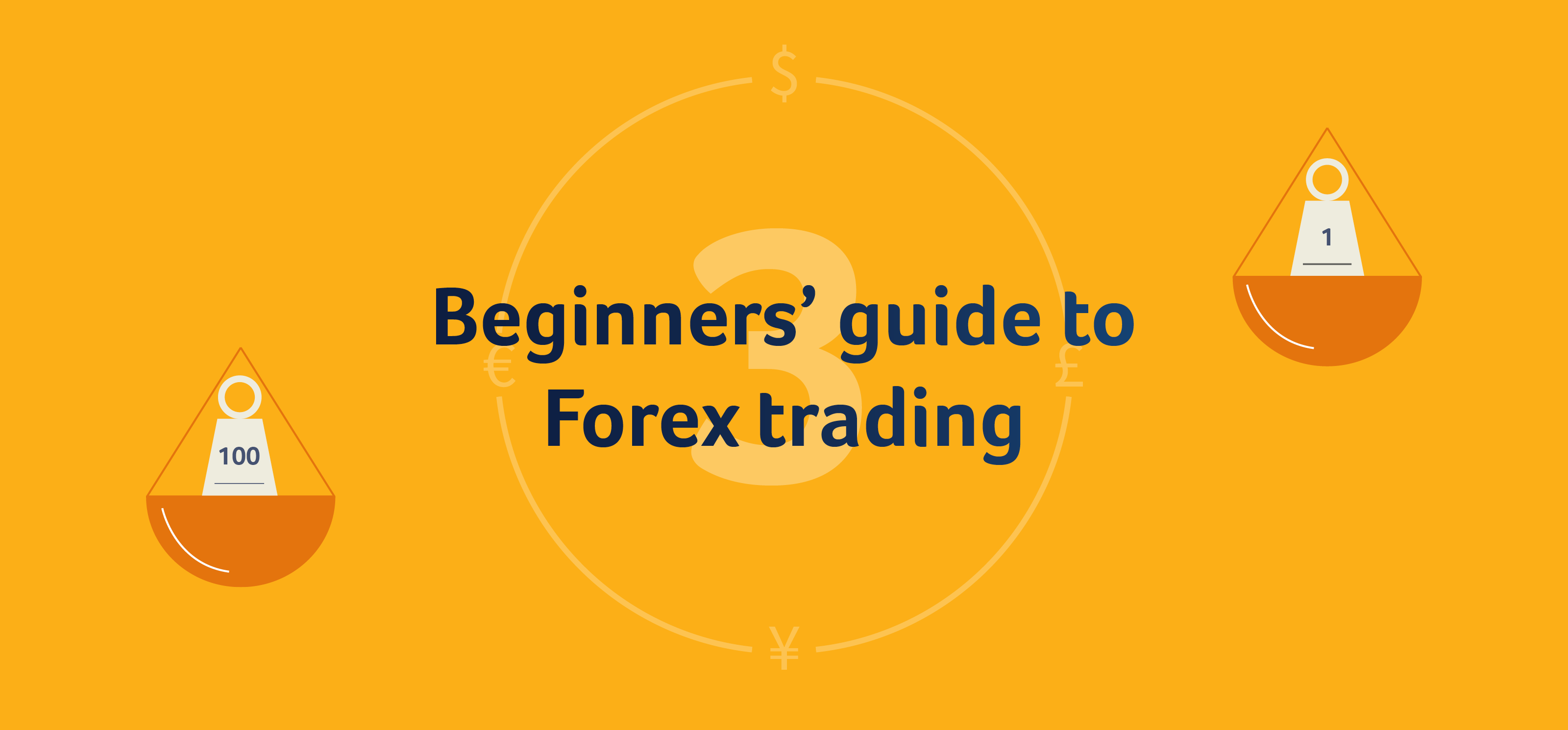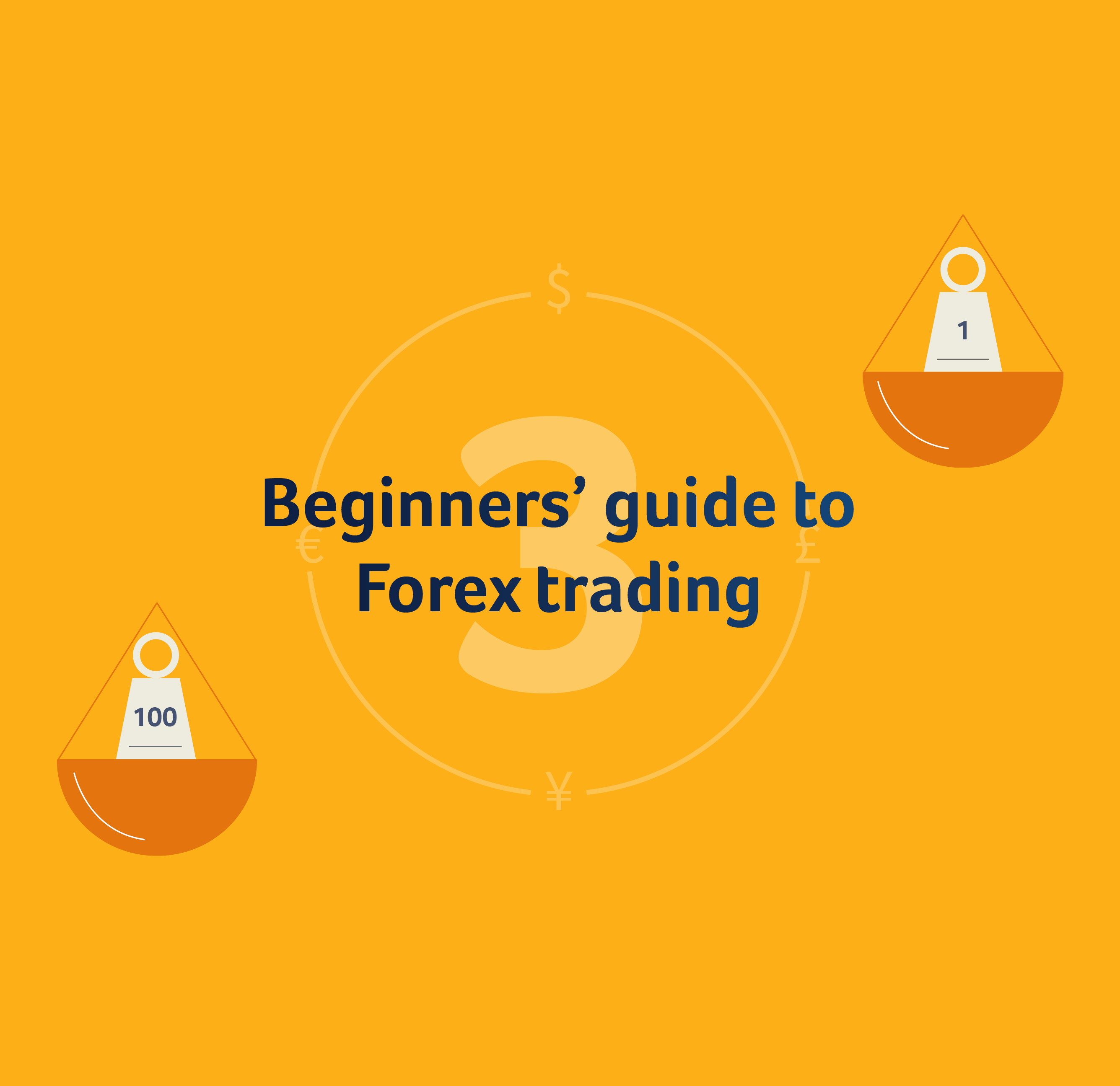Forex markets: 5 key concepts you should know
When trading forex there are several key concepts that clients should be aware of and comfortable with before beginning their trading journey.
To make your trading journey as smooth as possible we have outlined five important concepts to help you navigate forex markets.
1. Leverage
Leverage in financial markets is the ability to trade using borrowed capital based on your deposit.
Leverage simply means your deposit is used as margin with the remainder of the value of your position being loaned to you by the provider of leverage, in this case, us!
Your leverage ratio allows you to trade multiples of your available balance, for example, if you deposit $5k and you are on 10x leverage you could trade up to $50k of an asset (10 x $5k = $50k).
Using leverage allows you to hold a position by funding only a fraction of the full value of the position. This allows you to make more use of your funds and saving you the hassle of transferring funds between different providers, bank accounts or financial institutions.
Other asset classes have strict rules when looking to utilize leverage, equity margin accounts typically offer between 2x to 6x leverage, but forex markets allow 50x or higher depending on regulators.
A reason for extended leverage for forex trading is in general terms forex pairs trend over longer time periods with fewer instances of overnight gapping or market dislocation and can be deemed as less volatile than other asset classes, compared to say equity markets which can move wildly on a profit warning, a takeover story or an earnings release.
Leverage terms will be set by brokers by considering both historical volatility and liquidity of an asset.
Both factors require a broker to limit leverage terms as increased volatility means there is more potential for larger price movements, whilst less liquidity infers possible price impact of trade execution or inability to trade in the required size at the prevailing price.
As forex markets are the most liquid asset class, with less volatility than most asset classes, it is easy to see why forex traders are afforded greater leverage terms.
Forex traders use increased leverage to maximize returns from smaller price movements or to make their money go further.
There can and will be instances of market volatility in forex markets (e.g. unexpected rate decisions or changes in monetary policies), but they are far less frequent than in other asset classes and as such providers are comfortable extending more leverage for forex trading.
2. Magnified returns
We hope your returns are profits but like with any investment there could be losses.
As you are trading on leverage your returns will be magnified. Please ensure you are aware of the risks involved with trading utilizing leverage and have an effective risk management plan in place.
This could include the use of stops and take profit orders, placing trade capsizes or allocating % of your account balance per trade. For more help on employing an effective risk management plan, please check out our ‘Adopting a Trader’s Mindset’ (LINK) article.
3. Funding charges
Remember, your deposit is only a fraction of the full value of the position you are taking, with the remainder of the position being funded by your broker.
Your broker will charge an overnight interest fee, often referred to as ‘overnight financing’, based on the additional capital you are borrowing to hold the position.
The fee will be calculated as an annual charge but broken down into daily payments whilst holding the open position. Obviously, these will cease as soon as you close your position.
Charges are normally posted to your account after the close of the US forex session and will look relatively small in comparison to your open position.
4. Margin calls
If your position goes against you, your broker will require you to add funds to maintain your position or will instruct you to close some, or all, of your open position(s) to avoid greater losses.
We send an email alert when your margin indicator level reaches 100%. This should alert you to monitor your account, reduce your exposure or add additional funds.
Where possible you will receive alerts warning of your margin indicator level, but we cannot be held responsible for any action taken as the result of a missed margin call alert.
Once your margin level indicator reaches 50% your open positions will be closed in order to limit further losses.
Your margin indicator level reaches 50% when your balance drops to 50% or less of your initial margin requirement.
Here’s an example:
- Deposit $1k
- Leverage is 50:1 (or 2%).
- You buy 50000 USD/JPY @ 109.00
- Your initial margin requirement is $1000 ($50k x 2% = $1000)
This would immediately trigger an email alert as your margin indicator level would be at 100% (you’ve used your entire balance as the initial margin to open the position).
If the position moved against you and you quickly incurred $500 losses your balance would drop to $500, which would be 50% of your initial margin requirement and would result in a margin closeout being actioned to limit further losses.
Once your account balance is less than 50% of your margin requirement all positions would be margin closed.
Account-holders should be aware of their margin level status to limit the impact of possible margin calls.
Margin calls are used to protect clients and to limit further losses.
5. Going short
Trading forex allows you to go long (buy) or short (sell), meaning you can profit in both rising and falling markets.
In simple terms, going short is the ability to sell an asset before buying it back at a later date.
When placing a short trade, you do not need to own the asset before selling it!
Say you think USD will strengthen against GBP in the coming weeks/months.
Rather than waiting for the weakness to happen and maybe look for buying opportunities you can act now by selling GBP/USD.
Selling GBP/USD with a view to buying it back in the future, even though you do not currently hold a position in either currency, is an example of going short.
In the other asset classes, such as equity markets, it is normal for a broker to borrow the asset you wish to short before allowing you to place your short trade. The broker usually borrows the stock from an existing holder in return for a fee which means additional costs and terms to you. With forex trading, this is not the case!
Forex markets are so liquid that brokers are willing to lend you the currency you wish to short without having to locate a physical lender of the currency.
Having the ability to be able to trade long or short opens up vast trading and hedging possibilities.
We hope you feel more comfortable with FX trading terminology. If you have any other questions or need further help to get started with forex have a chat with our friendly customer service team who are always happy to help.


